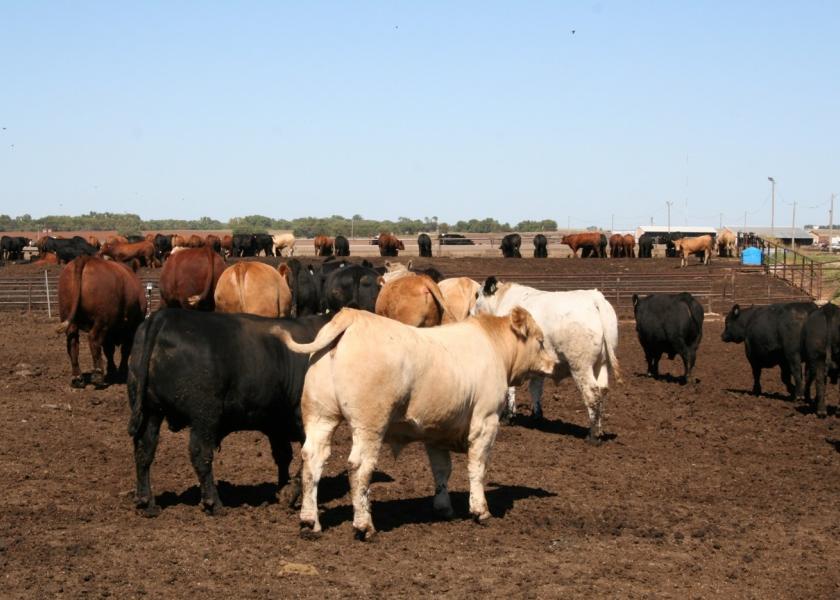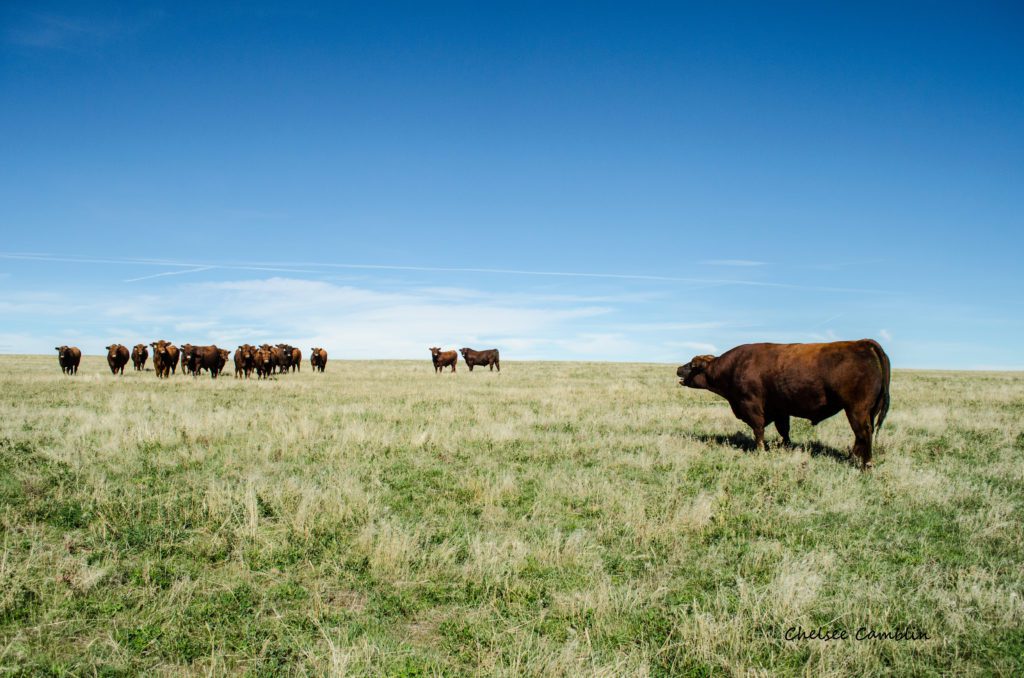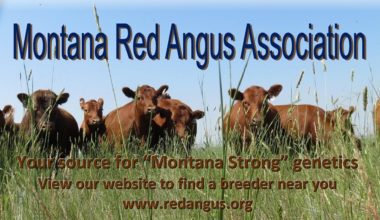Implants for beef cattle are placed under the skin of the ear and promote growth and improve feed efficiency.
“The new guidance from the FDA’s Center for Veterinary Medicine redefines beef cattle’s production phases, which will affect the label claims of existing and new drugs,” says Zac Carlson, North Dakota State University Extension beef cattle specialist. “This affects implants for beef cattle production because they are considered a drug.”
The new production phases are:
1. Calves nursing their dams less than 2 months of age.
2. Calves nursing their dams 2 months of age or older.
3. Growing beef steers/heifers on pasture (stockers).
4. Growing beef steers/heifers in a dry lot (backgrounders).
5a. Growing beef steers/heifers fed in confinement for harvest (feedlot cattle).
5b. Growing beef steers/heifers in a grow yard.
“These production phases are important because the new guidance will allow beef cattle to receive one implant for each production phase,” says Dr. Gerald Stokka, NDSU Extension veterinarian and livestock stewardship specialist. “Additionally, beef cattle will be allowed to receive more than one implant within a production phase, but only if that implant has a claim for reimplantation on the label.”
Currently, there are implants approved for reimplant use within a production phase. However, most implants do not have any language on their label addressing reimplantation.
Production phase 4 (growing beef steers/heifers in a dry lot) is a new production phase, says Karl Hoppe, NDSU Extension livestock systems specialist. It consists of weaned, growing beef steers and beef and dairy heifers that are maintained in a dry lot and receive the majority of their diet from harvested forage, possibly with a supplement. Because this will be a new production phase, no current implants are approved.
Production phase 5b consists of weaned, growing beef steers and heifers confined in group pens and fed a moderate- to high-roughage diet available at all times as their sole ration prior to the finishing phase. This would describe most pre-conditioning and backgrounding operations in North Dakota. However, production phases 5a (finishing beef cattle phase) and 5b are considered the same production phase. Therefore, beef steers and heifers implanted during production phase 5b (backgrounding phase) would only be allowed during the finishing feeding period (production phase 5a) if the implant they were given during the backgrounding phase (5b) was approved for reimplantation.
“Be sure to check the label of the steroidal implants you intend to use to see if it is allowed within the production phase of the cattle you intend to implant,” says Dr. Stokka. “Contact your county Extension agent, Extension beef and livestock specialist, veterinarian or implant manufacturer representative for further assistance.”
Source: Drovers – By Elizabeth Cronin May 23, 2023








